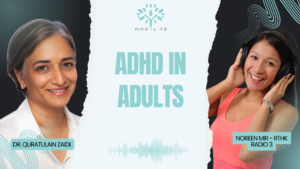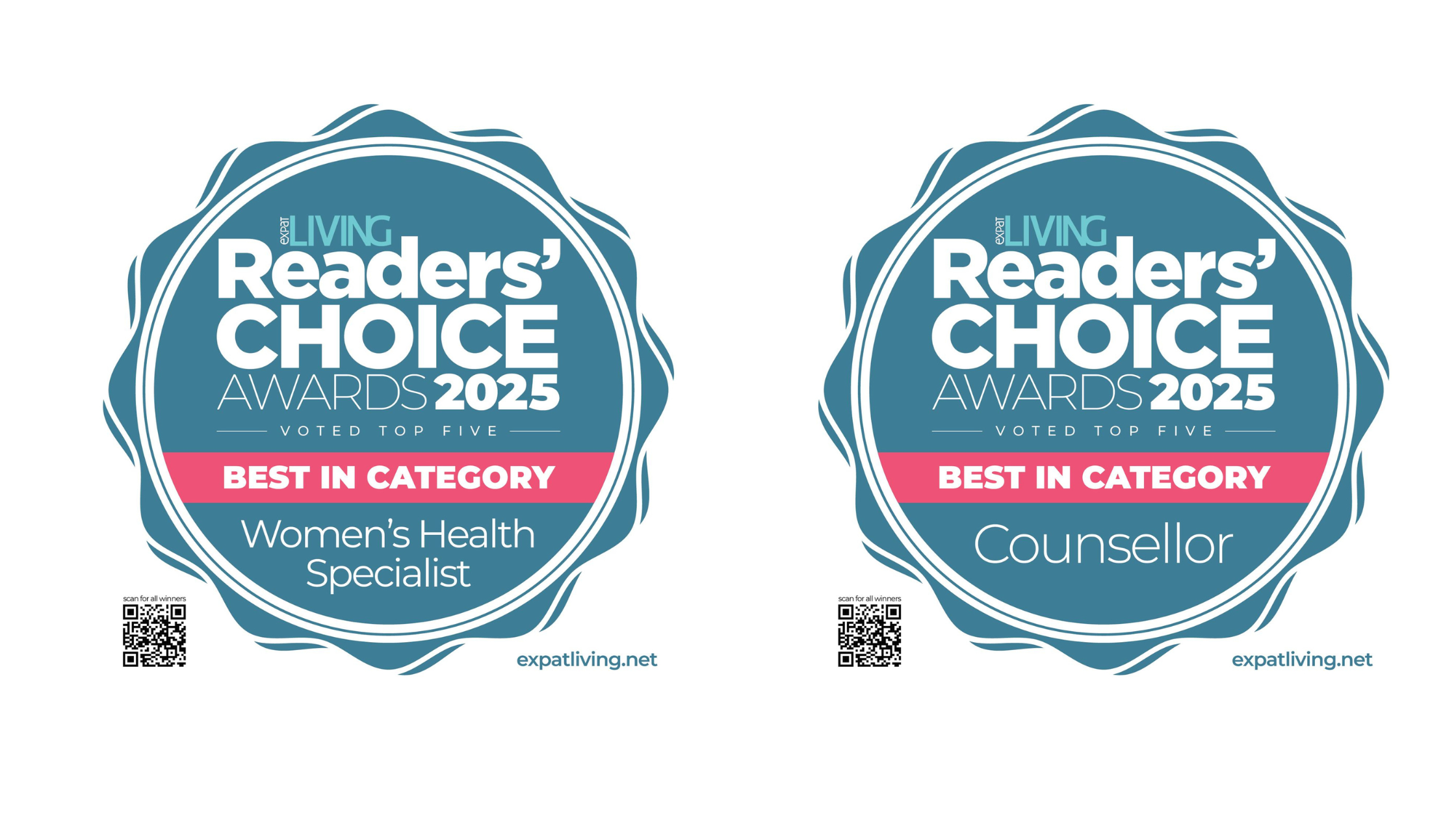The decision to end a marriage is challenging, and it kick-starts a cascade of events that require many more important decisions. One is how to actually get the divorce in Hong Kong, this might be through the courts or via mediation. Here, Dr. Zaidi of MindNLife looks at a different method – one that can ensure a couple divorces with dignity and respect.
For many married couples, divorce inevitably signifies the end of fighting for each other, and the beginning of a fight against each other. Divorce can turn ugly quickly, especially if one of the partners has chosen a lawyer who will promise to “get you what you want”. And it often comes at the cost of annihilating your partner, your relationship history, your family and any hope of a respectful future with them.
Another option is to separate through a process known as collaborative divorce, which aims to impart dignity and respect to partners and to any children they might have. Impact on kids It’s well documented in multiple research studies that around 75 to 80 per cent of children do very well after their parent’s divorce, but 20 to 25 per cent of children have some serious problems. Also well documented is the fact that it’s not the divorce itself that causes the vast majority of problems for children, but the increased conflict associated with divorce, and the parents’ inability to meet their children’s needs because of the process of the divorce.
The biggest factor that impacts children is the level of conflict between parents, as well as how much they were exposed to that conflict or were brought into it by their parents. Children who witness or are involved in conflicts between their parents suffer the most. The effects are long-lasting; not only do they impact the parent-child relationship, but they also have an impact on the child’s ability to have healthy relationships with others in the future. I absolutely see this in my own practice through my patients.
So how can parents safeguard their own and their changing restructured family’s wellbeing when their roles are changing from partners, lovers and best friends to just being parents who are together for their children with respect and dignity?
Options available for divorce in HK
Option 1: Court
Through court proceedings or litigation to resolve a family law case, people go through a sequence of court hearings. This can take many months or years before the final trial where a judge makes a decision to resolve the dispute over finances and children. It’s this judge – a stranger – who makes the decisions for your family; and it’s the lawyers who provide you with legal guidance. This process can be highly adversarial and costly, not only financially but also physically, emotionally and psychologically.
In my office, clients going through an adversarial court divorce invariably find that their mental health is impacted. This choice of separation and divorce almost always increases conflict between partners, especially if the lawyers involved are highly adversarial. In those cases, the process can quickly become very toxic because the focus is on winning. As we’ve mentioned, this conflict is not only detrimental to the two individuals who are separating, but it also impacts the wellbeing of their children and their support network, including extended families.
Option 2: Mediation
Mediation involves an independent neutral professional, usually a qualified lawyer, who facilitates discussions between the parties and helps them to reach an agreement. This mediator, however, does not provide legal advice to either party. Often in Hong Kong there are also lawyers for each party involved to provide this legal advice to their clients; if the resolution towards the agreement can’t be reached, the parties end up in court proceedings.
Option 3: Collaborative Divorce
Collaborative divorce is another option in Hong Kong for divorcing couples to resolve disputes respectfully and equitably without going to court. The goal of a collaborative practice of this kind is to help divorcing and separating couples to focus on their most important goals, especially children, throughout the divorce process. The end result is a more efficient, targeted and productive way to resolve disputes because the whole process is not focused on winning.
In this process, partners and their respective lawyers form a team with Collaborative Practice trained professionals such as mental health specialists or child specialists, along with “financial neutrals”. There is often a mental health professional to oversee the process moving forward, helping with any blocks to ensure that goals are achieved.
Moreover, only specialised lawyers and neutrals trained in collaborative practice (that is, they meet the standards of the International Academy of Collaborative Professionals) can do this work; not everyone has this training.
Collaborative practice promotes mutual respect and keeps the partners in control of the process in the best interest of the family, not the lawyers or judges. It also addresses each couple’s unique concerns, as opposed to litigation, which is driven by the general rule of law meant to apply to all, and a lawyer’s focus on winning. From the outset the agreement is not to go to court, so the process is more open and less adversarial.
The goal is to enhance communication throughout the process and lay the foundation for a healthier relationship after the divorce. It may not be the cheapest option, however, it is definitely less costly than court proceedings. And, importantly, it’s likely the most beneficial of the options for all – and especially children.
Final word
We all know that every relationship is unique and every family’s needs are unique. However, in my experience, the aftermath of a high conflict divorce is never beneficial to anyone (other than lawyers). And children, in particular, pay a heavy price in these cases.
If you have children, you will always be their mum and dad – even if you’re not married to each other. So it’s always better to consider an alternative to a high-conflict ending of a marriage and restructuring your family – one that provides the path of least conflict towards a healthier future relationship.
“Collaborative practice promotes mutual respect and keeps partners in control of the process in the best interests of the family.”
![]()
Dr. Zaidi is a British-registered clinical psychologist who provides personal support and therapy for adults, teens, children, couples, and families at her private practice in Central, Hong Kong, as well as in the United Kingdom. She also works as a mental health consultant for a number of NGOs and international corporations.
For enquiries or to schedule a session with one of our therapists, please complete the contact form..







